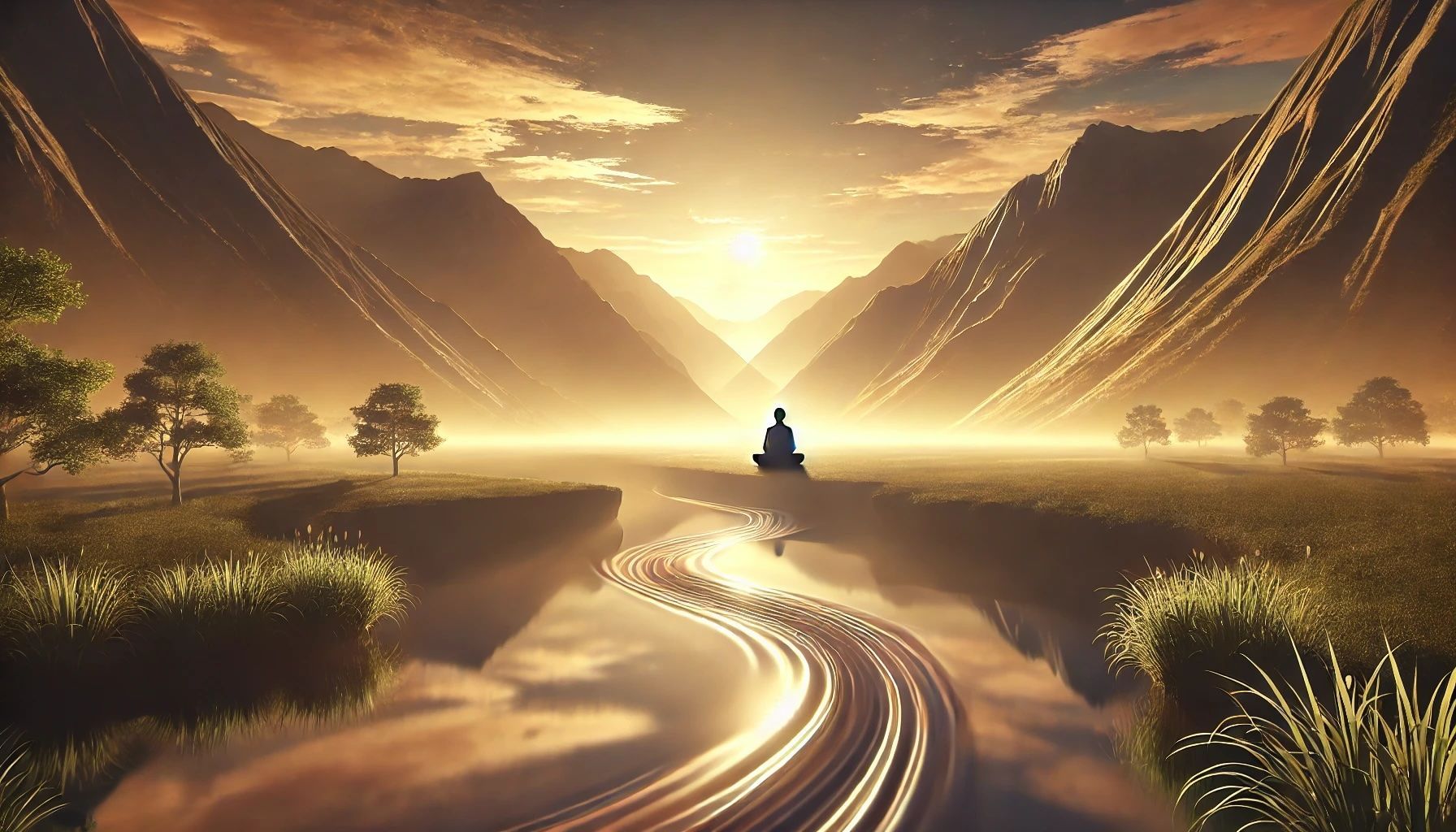Buddhadharma
Zazen practitioners develop the ability to see the world without judgements of quality or morality, and to accept the manifold conditions and events of life just as they are.

In Buddhism, as I understand it, the entire world is Buddhadharma , or Buddha nature, in which everything is spread out in equal value and worth.Rumi spoke of it:
Out beyond ideas of wrongdoing
And rightdoing,
There is a field. I’ll meet
you there.
When the soul lies down in that
grass,
the world is too full to talk
about.
Shunryu Suzuki is best known for the collection of talks in Zen Mind, Beginner’s Mind. There is a lesser-known collection of his talks in Not Always So. In this collection, Suzuki Roshi frequently underscores this vision of the uniform value of everything in life.
For example, he says, “. . .Buddha nature is found in the realm of the absolute where there is no good and no bad.”[1] This realm cannot be found by thinking or reasoning. The intuition of it comes when the thinking mind, personal self, or ego are laid aside during zazen. Then the vision of it comes, unspeakable and indescribable.
The goal of zazen may be said to be the virtual elimination of personal self in daily life. As Roshi says, “. . . Our effort is to get rid of self-centered activity.”[2] And again, “Usually . . . we are involved in judgments, so we say ‘this is right, that is wrong,’ ‘this is perfect,’ and ‘that is not perfect.’ That seems ridiculous when we are doing real practice.”[3]
The intuition that everything, just as it is, is the Buddhadharma or Buddha nature, is of immense value in times of personal turmoil or social unrest. May all who sit zazen come unshakably to this intuition.
Footnotes
- Shunryu Suzuki, Not Always So, Quill, an imprint of Harper Collins, 2003, p. 127.
- Ibid., p. 38.
- Ibid., p. 100/
All Rights Reserved | Zazen Essays